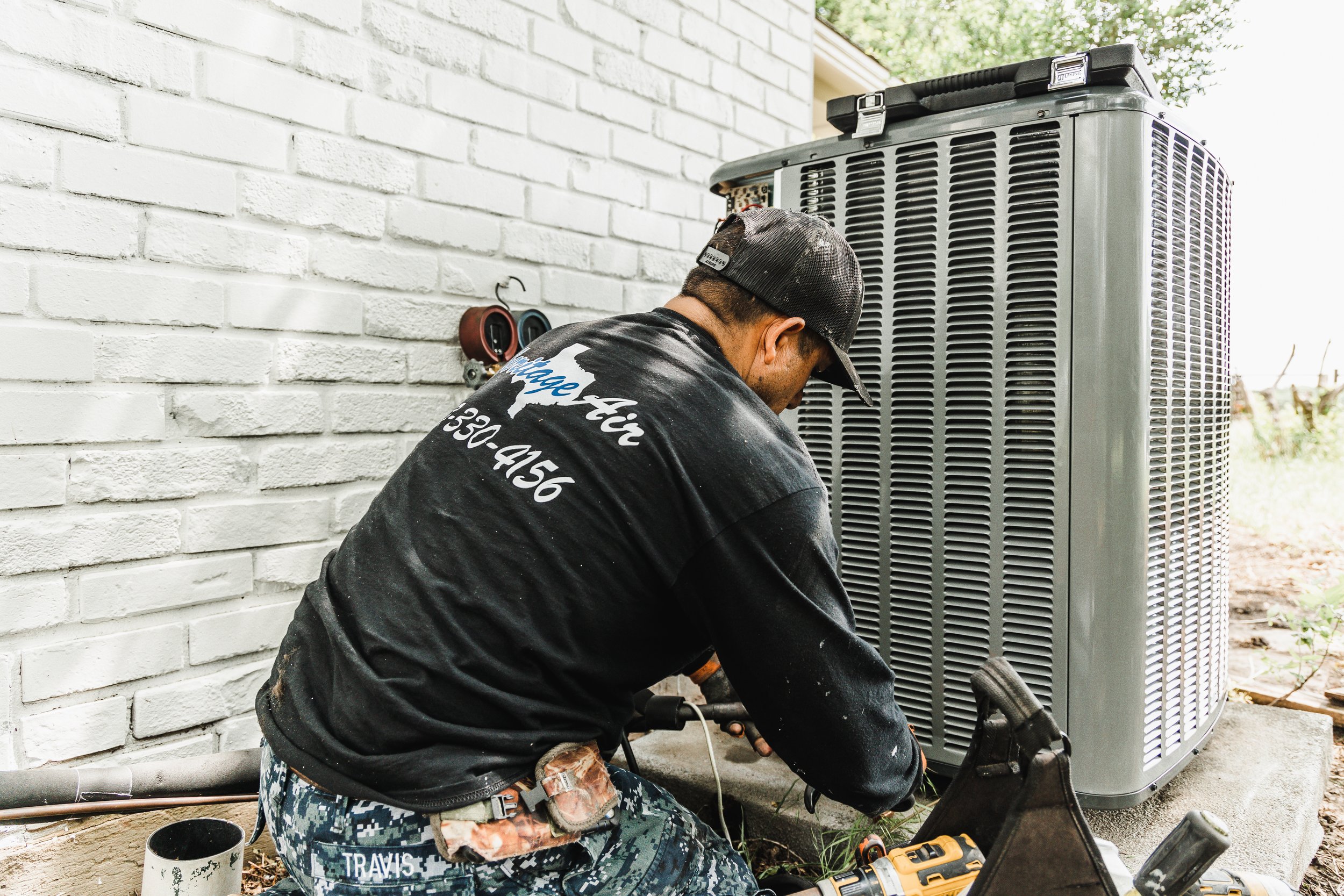How Much Electricity Does An AC Unit Use?
Understanding the electricity consumption of your AC unit can be a game-changer for managing your bills. Air conditioning systems are a common household appliance, so their impact on electricity costs is significant.
This blog post will show you the details of AC unit electricity consumption and energy usage. We'll explore how different factors influence the cost and how you can optimize your air conditioning use. The goal is to help you understand your AC's role in your utility bill.
The Importance Of Understanding How Much Electricity An AC Unit Consumes
Knowing the AC unit energy usage is crucial for anyone who wants to keep their home cool in the summer. It's a key factor that can change your energy bills. After all, air conditioning isn't just about comfort. It's also about costs.
Understanding how much electricity your AC unit consumes can help you manage your energy use better. This allows you to plan and budget effectively. So, don't underestimate the importance of being aware of your air conditioning's energy consumption. It could be the difference between a manageable bill and an unpleasant surprise.
How AC Units Consume Electricity And Factors Affecting Usage
AC Unit Size And Capacity
The size of your AC and how much space you've got to cool down matters a lot when it comes to how much power it uses. A big AC in a small room will keep switching on and off, which isn't great for your electricity bill. On the other side, a small AC in a big room will have to work overtime to cool things down, which also absorbs a lot of power. So, you need an AC that's just right for your space.
Energy Efficiency Ratings
Your AC comes with the SEER (Seasonal Energy Efficiency Ratio) scorecard, showing how well it uses energy. The higher the SEER rating, the better it is at using power efficiently. Spending a bit more on a high-SEER AC could save you loads on your electricity bill in the long run.
Temperature Settings And Thermostat Usage
What you set your thermostat to can greatly affect your AC's power use. If you set it really low, your AC has to work harder and use more power. It's best to keep it around 78 degrees Fahrenheit when you're home and a bit higher when you're out to save energy.
Climate And Usage Patterns
Where you live and how often you use your AC can impact its power use. If you're in a hot place and use your AC all the time, you'll use more power. And leaving your AC on all day, even when you're not home, 'll also bring up the electricity bill. To save energy, try to turn off the AC when you're not using it or use fans to help circulate the cool air.
Making The Best Choices With Heritage Air Services For Cost-Effective Cooling
As summer rolls in, we all want our homes to be a cool oasis. But there's this worry about how much juice the AC unit is guzzling and how that will raise the electricity bill. It's a total buzzkill, right? Who wants to stress over skyrocketing costs when you only want to enjoy the sunny season?
At Heritage Air Service, we understand your concern. We believe in helping you achieve the perfect balance between comfort and cost-effectiveness. With knowledge about your AC unit's energy usage, you can make informed decisions, optimize your air conditioning use, and manage your bills better. After all, enjoying summer in the comfort of your home shouldn't come with regrets.

